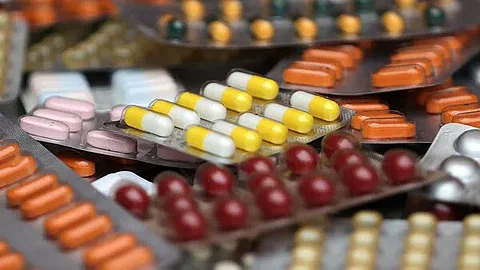

The free trade agreement signed between India and the United Kingdom on Thursday is expected to unlock new opportunities for Indian pharmaceutical and medical device manufacturers. The deal is also likely to enhance access to UK-made medical devices in the Indian market.
While medical device makers anticipate increased trade volumes between the two countries, they remain cautious and are awaiting clarity on non-tariff measures and possible regulatory streamlining.
“Medical devices imported into the UK were already duty-free, so tariffs were not a major concern. However, regulatory approval costs and timeframes have been a significant hurdle,” said Rajiv Nath, forum coordinator of the Association of Indian Medical Device Industry (AiMeD).
AiMeD had earlier sought UK recognition of regulatory clearances granted by India’s Central Drugs Standard Control Organisation (CDSCO) or voluntary certifications under the Quality Council of India’s Indian Certification for Medical Devices (ICMED) scheme, to accelerate approvals by the UK’s Medicines and Healthcare products Regulatory Agency (MHRA).
At the same time, Indian medtech manufacturers are urging the government to closely monitor imports to prevent other countries—particularly China—from routing products through the UK to take advantage of the FTA’s zero-tariff provisions.
India currently imposes around 7.5 percent import duty on medical devices from the UK. These tariffs are expected to be gradually reduced under the trade agreement, Nath said.
According to EXIM data, India’s medical device exports to the UK grew 13 percent year-on-year to ₹1,015 crore in 2024, while imports from the UK rose 36 percent to ₹2,295 crore.
The agreement is also expected to benefit India’s generic pharmaceutical industry. “The pharma sector could gain opportunities to supply affordable and quality-assured medicines, contributing to better patient care in the UK,” said Sudarshan Jain, secretary-general of the Indian Pharmaceutical Alliance (IPA). “We await further details to identify specific areas where these opportunities can be best leveraged.”
Generic drugmakers such as Lupin, Biocon, Dr. Reddy’s Laboratories, and Wockhardt—already active in the UK market—stand to benefit from the expanded access and regulatory alignment expected under the deal.